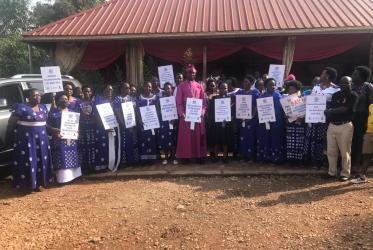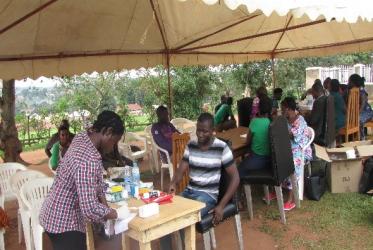While traveling from the border of South Sudan on a remote dirt road toward the Ugandan town of Kitgum, my companion and I were flagged down by two men. They were carrying their paralyzed friend to Kitgum Hospital and asked if we would give them a lift. Routine as the question may seem, the choice was not an easy one. The year was 2007, and while the Lord’s Resistance Army had been mainly cleared out, sympathizers remained, and picking up travelers was risky. Pietro, the South Sudan country director who was traveling with me, turned and said, “You’re the logistics officer, what do we do?”
05 March 2021
Francesco Paganini




